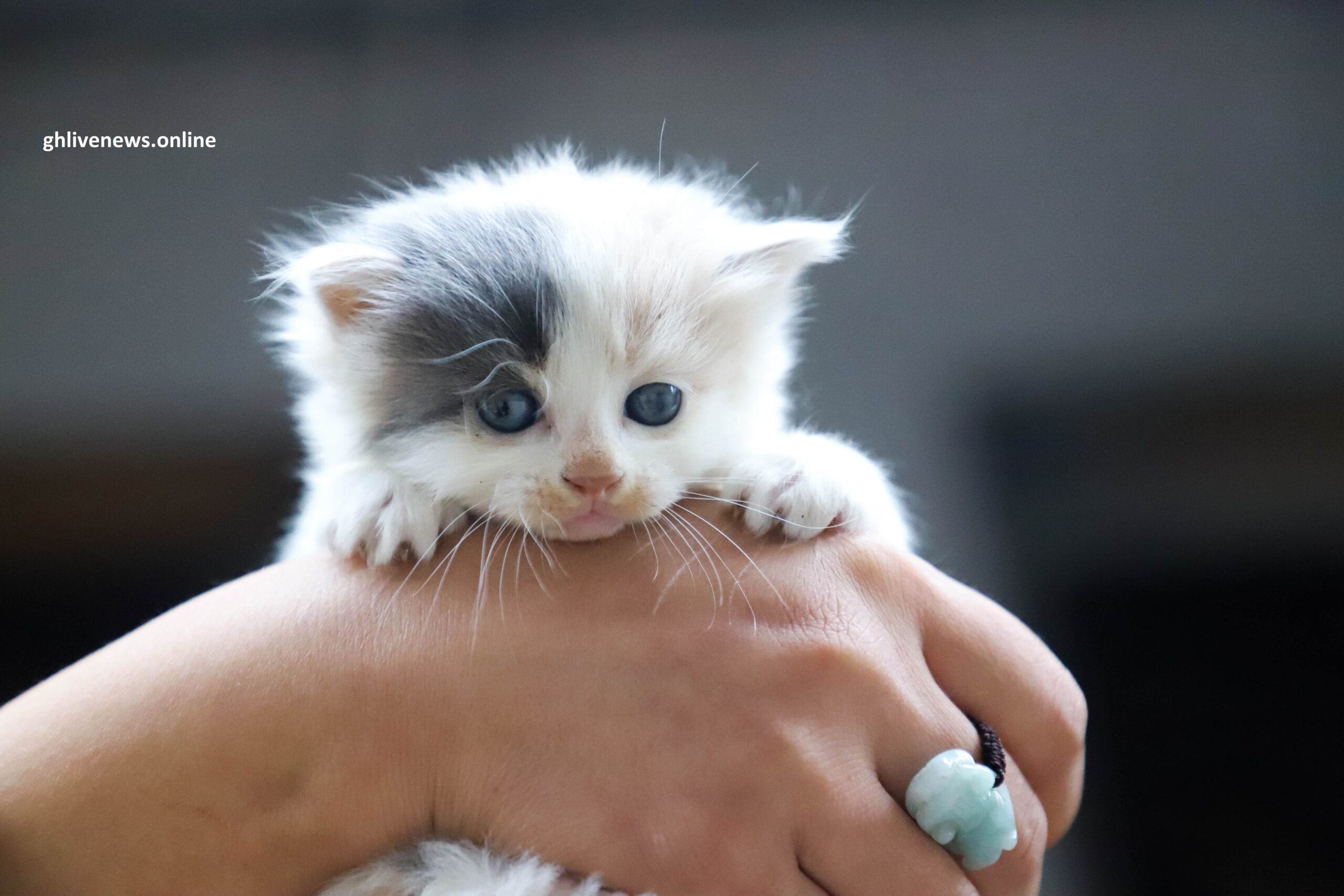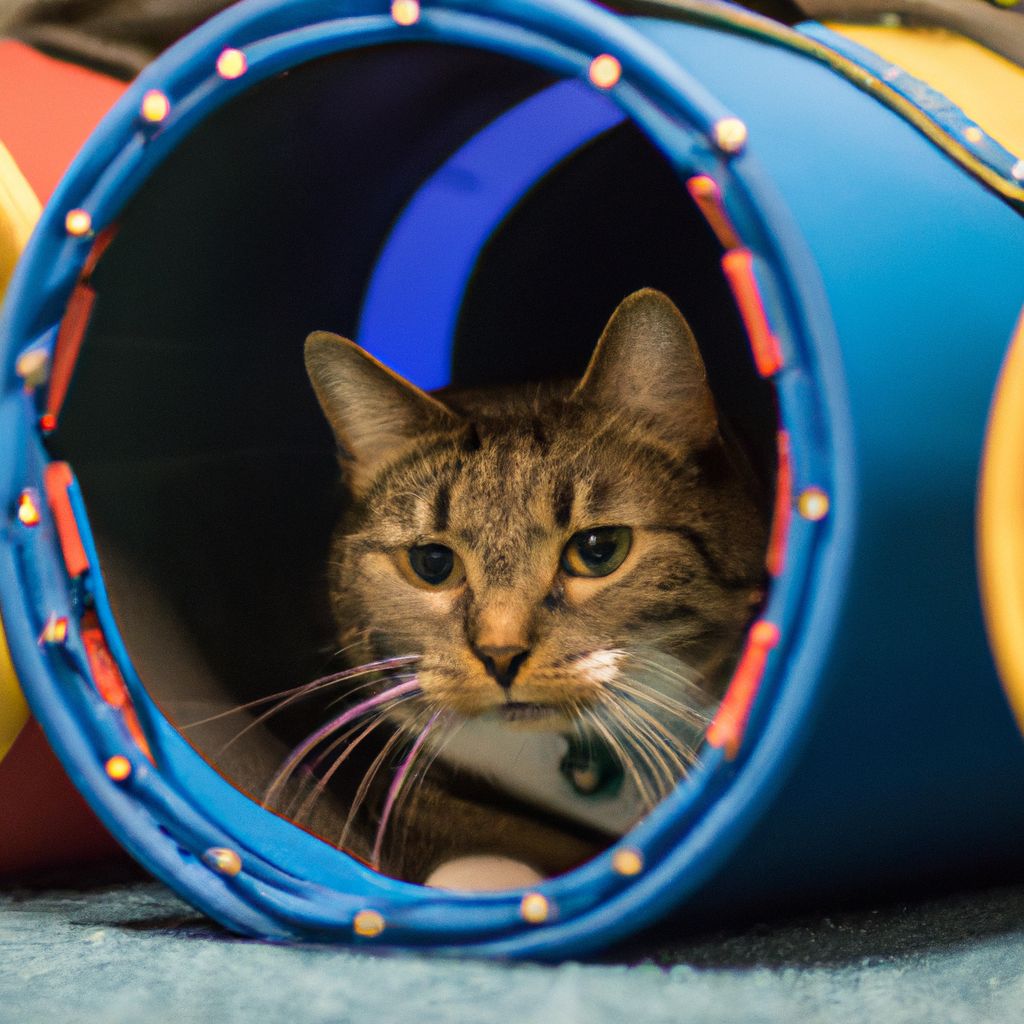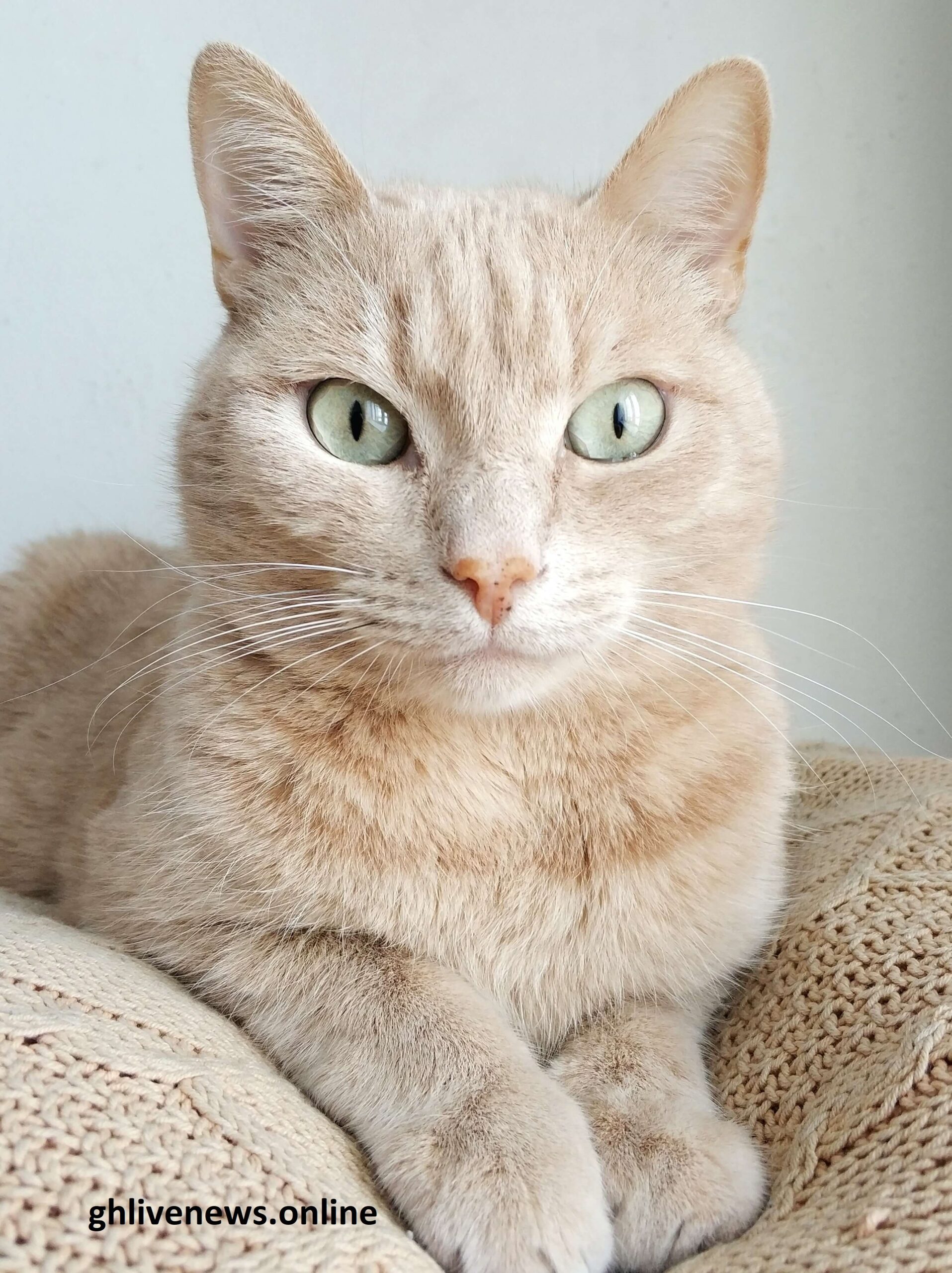.jpg)
Benefits of Cat Adoption
Cat adoption is full of benefits! From companionship and reduced stress, to teaching kids about empathy and responsibility. Plus, it can help reduce the population of stray cats on the streets – plus, you save a life and give them a second chance at happiness.
You can choose from several breeds, sizes, and personalities that are perfect for your lifestyle. If you want an active cat that loves to play, or a calm and relaxed companion – there’s a match waiting for you!
Take Sarah for example. She was feeling lonely after her kids left for college, so she adopted Luna from a local shelter. It didn’t take long for Luna to fill Sarah’s home with laughter and joy.
So why wait? Adopt a cat today and enjoy the incredible benefits it brings both you and your new furry friend. But, remember – adopting a cat means giving up your furniture, dignity, and personal space.
Factors to Consider Before Adopting a Cat
Before adding a cat to the family, there are some critical things to consider. To figure out the perfect cat that’ll fit your way of life and bring delight to your home, ponder these factors:
- 1. Lifestyle: Your lifestyle is an important factor when choosing the right type of cat. Think about how much time you have to groom, exercise, and play with the cat.
- 2. Allergies: If someone in the family has allergies, make sure to get a hypoallergenic breed or one that produces less allergens. This will help avoid any health complications or discomfort.
- 3. Space: Measure the space at home before adopting a cat. Different breeds have different space requirements, so provide them with enough room to explore and play.
- 4. Time Commitment: Cats need to have time and attention from their owners. Think about if you have enough time to care for the cat’s needs, such as feeding, cleaning the litter box, and providing companionship.
Moreover, when adopting a cat, keep in mind that each cat has its own unique personality and needs. Spend time interacting with potential cats before making a decision to ensure compatibility.
Fun Fact: The American Society for the Prevention of Cruelty to Animals (ASPCA) reports that 3.2 million shelter cats get adopted every year in the U.S., emphasizing the importance of pet adoption in finding good homes for these animals.
From majestic Persians to mischievous Siamese, getting to know the different cat breeds is like taking a quick course in feline personalities.
Understanding Different Cat Breeds
Different cat breeds have special traits that might be the best fit for different families. Let’s take a look at the unique qualities of some popular cats:
- American Shorthair: Medium-Large size, Short and Dense coat, Affectionate and Sociable temperament.
- Siamese: Medium size, Short coat, Vocal and Intelligent personality.
- Persian: Large size, Long and Flowing coat, Calm and Gentle nature.
- Maine Coon: Large size, Thick and Shaggy coat, Friendly and Playful character.
- Scottish Fold: Small-Medium size, Soft coat, Curious and Easygoing behavior.
Each breed has its own special charm. Consider size, coat length, and temperament when picking the ideal cat breed.
Pro Tip: When adopting, take time to connect with your new furry pal. This will ensure a harmonious relationship!
It’s like speed dating, but with fewer conversations and more scratching posts.
Assessing the Cat’s Personality and Temperament
If you’re thinking of adopting a cat, it’s important to pay attention to their personality and temperament. This will help you pick the right companion for your family.
- Watch how they act: Spend time watching the cat’s reactions to their environment. Are they curious and lively, or more reserved and timid? This can give you an idea of what they’re like.
- Speak to shelter staff: People looking after the cats in the shelter know their personalities. They can give you details about each cat and help you find the right pet.
- Note age and energy: Different cats have different energy levels, which might not fit with your lifestyle. Kittens are usually more active, while older cats are calmer.
- See how they handle contact: Gently handle the cat to see what they do. Some cats like being held and petted, while others may not.
- Introduce to other animals: If you have other pets, it’s essential to check if the new one will get along. Introduce them to your current pets in a controlled setting before deciding.
You should also take into account any special traits the cat has. Each cat has unique qualities that make them special.
My friend Sarah had a funny experience while assessing a cat’s personality. She went to a shelter to find a companion and spotted an orange tabby called Oliver. At first he was shy, but then he showed his playful side when he had some fun with toys given by the shelter staff. Sarah knew right away that Oliver would fit into her active home.
To find the right furry friend for your family, it’s important to observe their behavior, ask shelter staff, consider age and energy, take note of reactions to contact, and socialize with other animals. This way, you can make the best decision and create a peaceful home for both you and your new pet!
Age Considerations: Kitten vs. Adult Cat
When it comes to choosing a cat, age is key. Kittens and adult cats each have their own unique characteristics and needs. Let’s compare!
Kittens:
- High energy
- Easy to train
- Adaptable to new environments and people
- Regular feeding and grooming needed
Adult Cats:
- Lower energy
- May already be litter trained
- Slower to adjust to new surroundings
- May need specific health care
- Lower adoption rates
Adopting an adult cat helps reduce overcrowding in shelters, while both kittens and adults can bring joy and companionship to your home.
Ready to welcome a furry friend? Visit your local animal shelter or rescue organization today and find the purr-fect companion for your family! Adopting a cat is rewarding – don’t miss out on this opportunity!
Adoption Process and Resources
The adoption process involves several steps and resources to help you find the purr-fect cat for your family. Here’s what to consider:
- Research: Research different breeds and their needs and temperaments. This will help you decide which type suits your lifestyle.
- Visit Shelters: Go to animal shelters or rescue organizations to meet cats. They have many cats for adoption, and staff can offer important advice.
- Adoption Application: Fill out an adoption application form given by the shelter. This helps them check if you’re suitable and the cat will be safe.
- Home Visit: Some organizations may check your home to make sure it’s suitable. This ensures the cat will be comfy.
- Remember, each cat is unique. Take your time to find your match. Pro tip: Adopt an older cat – they often have calmer temperaments and are trained.
Once you adopt, you’ll realise the perfect cat is the one who knocks stuff off shelves and judges from the fridge.
Conclusion: Finding the Perfect Feline Friend for Your Family
Searching for the paw-fect feline buddy for your family? Remember to think about your lifestyle, likes, and necessities. It’s essential to pick a cat that fits your energy level and living space. Also, take into account grooming needs, temperament, and how the cat interacts with children or other animals.
Research breeds or visit animal shelters to find the ideal match. Some cats love being alone and thrive with their own space. While others need lots of companionship and affection. Knowing the details of different breeds will help you pick the purr-fect one.
Grooming needs are also important. Long-haired cats need regular brushing to stop fur from knotting or tangling. Short-haired breeds are better if you don’t have much time to groom. Additionally, consider allergies in your family when deciding on a breed.
It’s essential to evaluate the cat’s temperament. Some cats are mellow and quickly adjust to new surroundings. Others don’t like loud noises or constant disruptions. Consider the energy levels of your home when selecting a cat.
Carlita’s story is a great example of how choosing the right cat can bring joy. After visiting many adoption centers, she found Oliver, an older rescue cat. Despite his health issues, he quickly became part of Carlita’s family. This proves that finding the right cat can create lots of love.
Frequently Asked Questions
Q: How do I find the right cat for my family?
A: Finding the right cat for your family involves considering factors such as your lifestyle, the cat’s personality, and any allergies. You can visit local shelters, rescue organizations, or reputable breeders to meet different cats and see which one best matches your family’s needs.
Q: What breeds of cats are best for families with children?
A: While every cat is different, certain breeds are generally known to be good with children, such as the Maine Coon, Ragdoll, and Siamese. These breeds are typically friendly, affectionate, and patient, making them great companions for kids.
Q: How can I determine if a cat is healthy?
A: When adopting a cat, it’s important to ensure they are healthy. Look for signs of a healthy cat, such as clear eyes, a shiny coat, and a healthy weight. Request veterinary records to confirm that the cat has received appropriate vaccinations and has been regularly checked for any health issues.
Q: What should I consider if I already have pets at home?
A: If you have other pets at home, it’s crucial to consider their compatibility with a new cat. Look for a cat that has been identified as being good with other animals. To ensure a harmonious introduction, follow proper introduction protocols, like gradually acclimating them to one another’s scents before allowing direct interaction.
Q: How can I help a newly adopted cat adjust to its new home?
A: Cats may need time to adjust to a new environment. Set up a quiet and comfortable space for your new cat, providing essential items like a litter box, scratching post, and food/water bowls. Gradually introduce them to the rest of your home and family members, allowing them to explore and adjust at their own pace.
Q: What are the responsibilities that come with cat adoption?
A: Cat adoption entails several responsibilities. Some of these include providing proper nutrition, regular veterinary care, grooming, and plenty of love and attention. It’s important to also consider the long-term commitment of providing a safe and loving home for the cat for its entire life.






